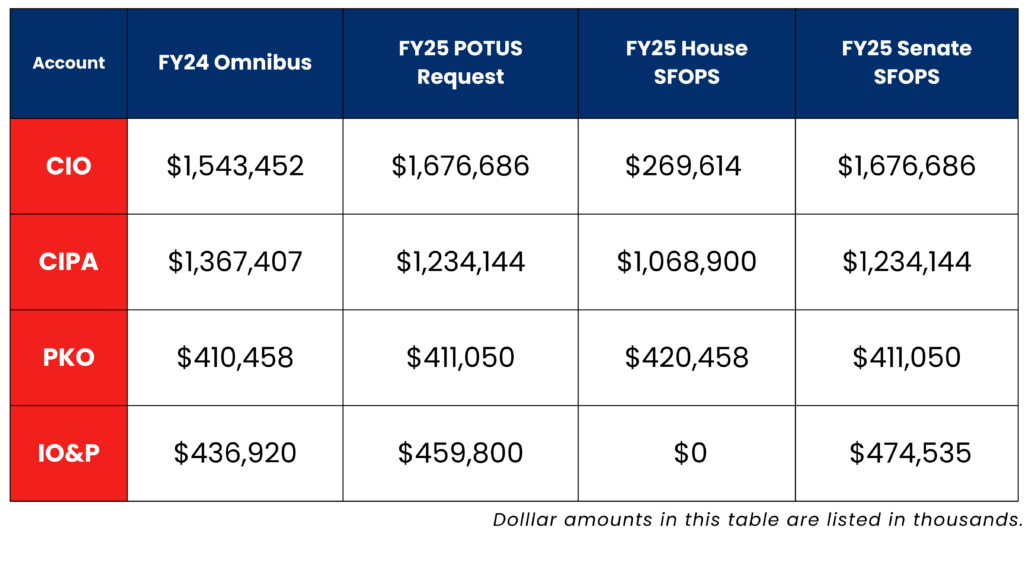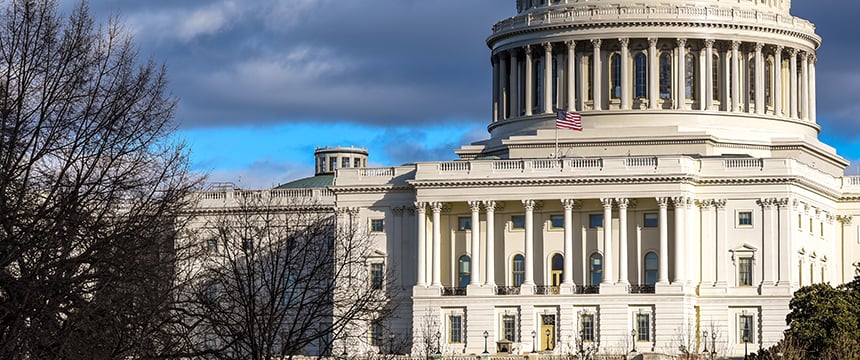Last month, two key spending bills hit the Hill – with two very different messages to our allies and the majority of Americans who recognize the value of U.S. engagement in the UN.
In the House, FY25 appropriations for State, Foreign Operations, and Related Programs zeroed out funding for the UN Regular Budget, as well as the World Health Organization and UNESCO (an agency we just recently rejoined on the commitment that we’d pay our assessed dues). The bill also cancelled the International Organizations and Programs (IO&P) account, containing more than a dozen UN entities and includes core funding for UNICEF, UN Women, UNFPA, the UN Development Program, the UN Human Rights Office and the Intergovernmental Panel on Climate Change.
It wouldn’t be an overstatement to say that it’s a bill that strips us of our influence and leaves our allies in the lurch.
In the Senate, a very different proposal was voted out of committee that fully funds the UN Regular Budget and reflects the president’s FY25 request across the board, including a slight increase in the IO&P account. As Peter Yeo, president of the Better World Campaign, aptly noted, “This is good news for America’s global standing.”
In many ways, this divide between the House and Senate mirrors increasing political division among America voters. Except that, when it comes to the United Nations, poll after poll shows that the public backs U.S. engagement in the institution – which means paying our dues. Despite deep disagreements with some aspects of the UN, the benefits of participation outweigh any philosophical friction.
And the more that Americans know about the UN, the more they back it.
Here’s a breakdown of what the House and Senate bills provide.





